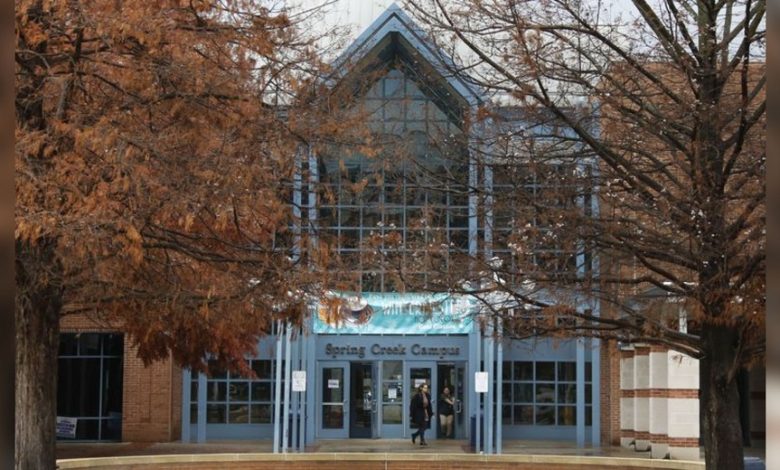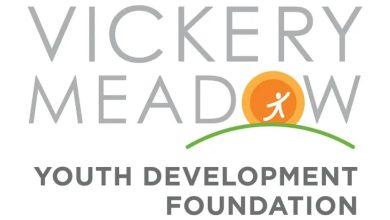Collin College faces criticism over censorship and hostile workplace

Collin College, a prestigious institution in Texas, has come under intense scrutiny by critics for its alleged role as the “epicenter of censorship” in the state.
With the upcoming Collin College Board of Trustees election on May 6, challengers Scott Coleman and Megan Wallace are campaigning for trustee seats against the incumbents in a race that will determine who will occupy three trustee positions. Trusteeship hopefuls Cathie Alexander and Joe Minissale are also vying for seats.
The candidates have secured endorsements from the Collin Chapter of the Texas Faculty Association, signaling the widespread concern within the institution, according to Dallas Press News. The Observer spoke with Wallace and Coleman to understand more about the stakes involved in this race.
Wallace, a long-time resident of Collin County, recognizes the school’s potential and aims to be a voice for the teachers, who she believes are fundamental to the institution’s success. She suggests that the board partner with businesses to create scholarship and internship opportunities for students while improving the financial support for faculty. Her experience as a student at Collin College and as a business owner gives her a unique perspective on how to improve the institution’s standing.
Coleman, who has served as a corporate lawyer and started a real estate business before transitioning to a career in education, cites the defunding of public education in the state as one of his main platforms. He aims to make the college accessible to all students, including by creating affordable dual-credit courses. He has also criticized the recent politicization of education, citing instances where teachers have been accused of indoctrinating their students. He has pledged to protect academic freedom and ensure that all faculty members feel safe and valued.
Collin College’s controversies have garnered national attention, with the American Association of University Professors publishing a report on the school’s “egregious violations” of academic freedom. Respondents have indicated that the college fosters a hostile and toxic workplace, making it an unsafe environment for women and minorities. They have also noted instances of sexism, bias, racism, and discrimination. As for academic freedom, participants feel that it has been squelched by an “authoritarian” power structure. Certain employees do not feel heard by the college and want it to return to being an institution where they are proud to work.
Collin College plays a crucial role in the local economy, making it essential for property values and infrastructure. The institution would benefit from partnering with businesses, creating internships and scholarship opportunities for students, and recognizing and rewarding its professors better. The Collin College Board of Trustees election will determine who will lead the institution for the next four years during a time when academic freedom and a safe and inclusive work environment are more essential than ever.





